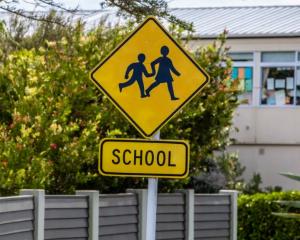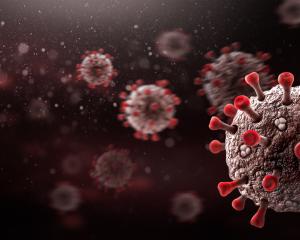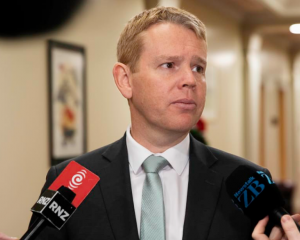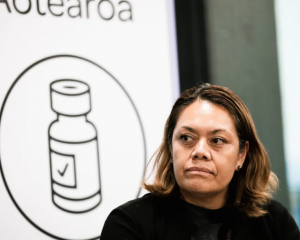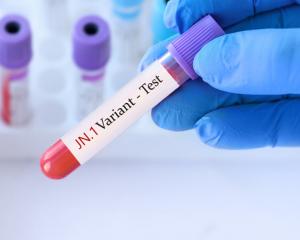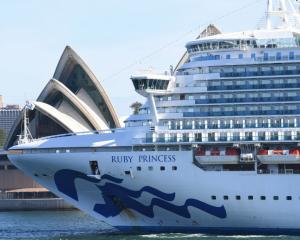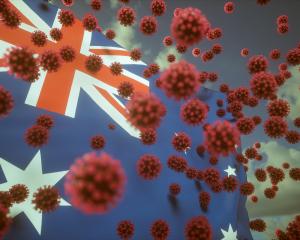
The country has been at that alert level since 11.59pm on April 13.
In a statement this morning, Covid-19 Response Minister Chris Hipkins said the next review would be in late June but for now, the Orange setting remained appropriate.
"While daily cases numbers have flattened nationally, they are again beginning to increase in the Northern region and hospitalisation rates have also increased slightly over the past month."
Hipkins said modelling showed there was also likely to be a second wave appearing, and warned that while case numbers for now remained fairly steady the arrival of new strains of cold and flu as winter was nearing were adding to the workloads of already busy hospitals.
"I urge everyone to continue to be cautious and think about the health of others, especially those who are immunocompromised or at higher risk of long-term health impacts from infection.
"Please also get boosted, if you haven't already."
Public health measures like isolation, vaccination and mask wearing continued to be the main defences against Covid-19 and masks would continue to be required in many indoor settings, he said.
At Orange, masks are required on flights, ferries and passenger terminals, public transport and taxis, in retail settings including supermarkets, public venues, healthcare and vet clinics, courts and tribunals, and government-run buildings.
Masks are otherwise encouraged indoors, although they may be removed at eating and drinking venues. Businesses may also require them as a condition of entry.
Earlier, University of Otago epidemiologist Prof Michael Baker said a move to the Green traffic light setting, where there are no restrictions, "seemed inconceivable" at this time.
The Omicron outbreak has unfolded largely as expected, with a peak firstly in Auckland and then the rest of the country, followed by a flattening of case numbers which have then crept up in the last month.
Health officials are anticipating a winter peak of up to nearly 2600 hospital beds taken up by Covid, RSV, flu and other respiratory illnesses.
The winter peak is based on modelling that Director-general of Health Dr Ashley Bloomfield revealed recently.
He presented two scenarios. The lower-transmission one peaked at 500 Covid cases in hospital in September. The higher-transmission one peaked at just shy of 1300 hospitalisations in mid-August.
The review comes as the new updated My Vaccine Pass officially becomes available today.
People who are up-to-date with their Covid vaccinations will be able to download a new-look My Vaccine Pass that authorities are still encouraging, despite it no longer being a legal requirement.
Hipkins said at the time of the announcement of the new app that there may still be some places where the passes will be required.
"We've learned over the last couple of years there are no certainties with Covid-19 and with new variants circling the globe, it's best we're prepared for every eventuality."
Meanwhile, the Government has set aside nearly $500 million for purchasing and rolling out another dose of the Covid-19 vaccine, and other Covid treatments next year.
Budget documents published on Thursday include an estimate of $284.3 million for implementing the Covid-19 immunisation strategy, and a further $189.2 million for the purchase of "additional Covid-19 vaccines from mRNA suppliers" in 2022 and 2023.
The money has been set aside for a possible fourth dose, if one is required, however Hipkins' office confirmed on Monday that a decision to roll out a fourth dose had not yet been made.
- RNZ and NZ Herald


